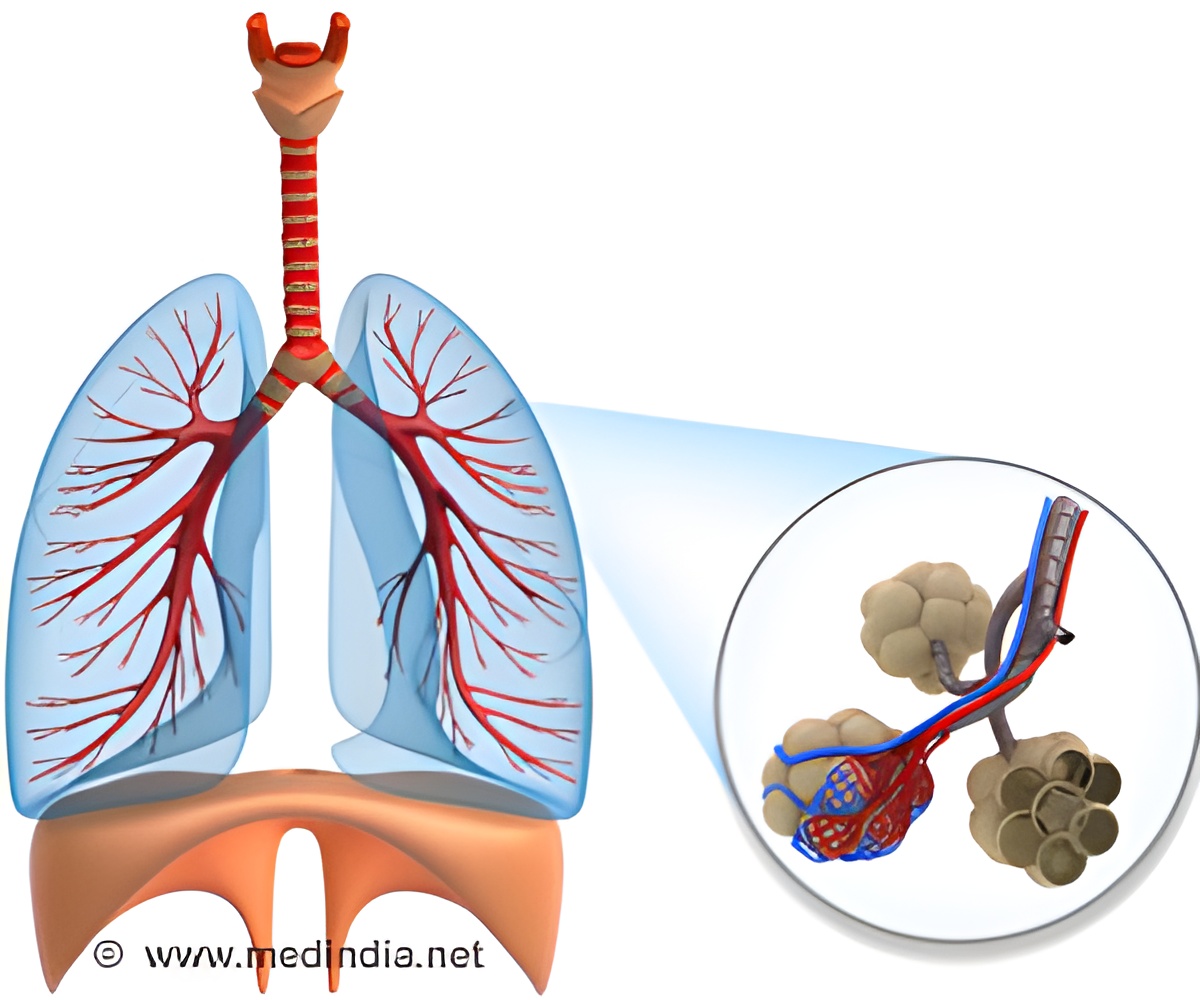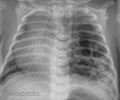Curcumin may help in slowing the progression of mesothelioma, a cancer that develops in the lining of the lung, says a new study.

Researcher Afshin Dowlati said that mesothelioma is a disease that continues to have a significant burden worldwide, and the treatment option is really suboptimal and they now understand the mechanisms that drive cell proliferation and growth in malignant mesothelioma.
Investigators also found that curcumin and PIAS3 peptides raised PIAS3 levels, which brought down STAT3 activity and caused mesothelioma cells to die. Their study served as proof of principle about the effectiveness of these two compounds in treating malignant mesothelioma, a first step in moving a treatment toward clinical trials. Additionally, their findings demonstrated that PIAS3 could serve as a predictive marker for managing mesothelioma because the disease's tumors do not always progress in a consistent, predictable manner, even when tumor stages, grades and clinical presentations appear similar.
Researchers said that their findings suggest that PIAS3 expression positively affects survival in mesothelioma patients and that PIAS3 activation could become a therapeutic strategy and their interest for the future is that they want to find better, more simple ways to increase intracellular levels of PIAS3 for malignant mesothelioma through the use of synthetic PIAS3 peptide or curcumin analogs. They must develop a curcumin analog that is absorbable by the human body. Currently, curcumin ingested as the spice turmeric has practically no absorption within the gut.
The study was published online in Clinical Cancer Research. (ANI)
Source-ANI
 MEDINDIA
MEDINDIA




 Email
Email










